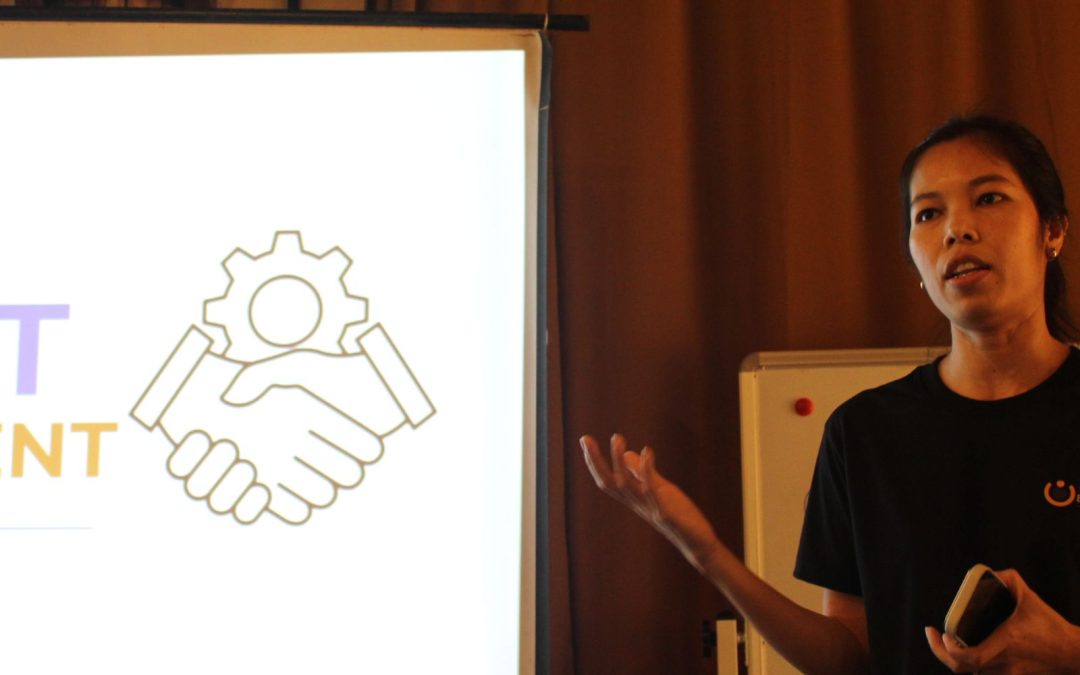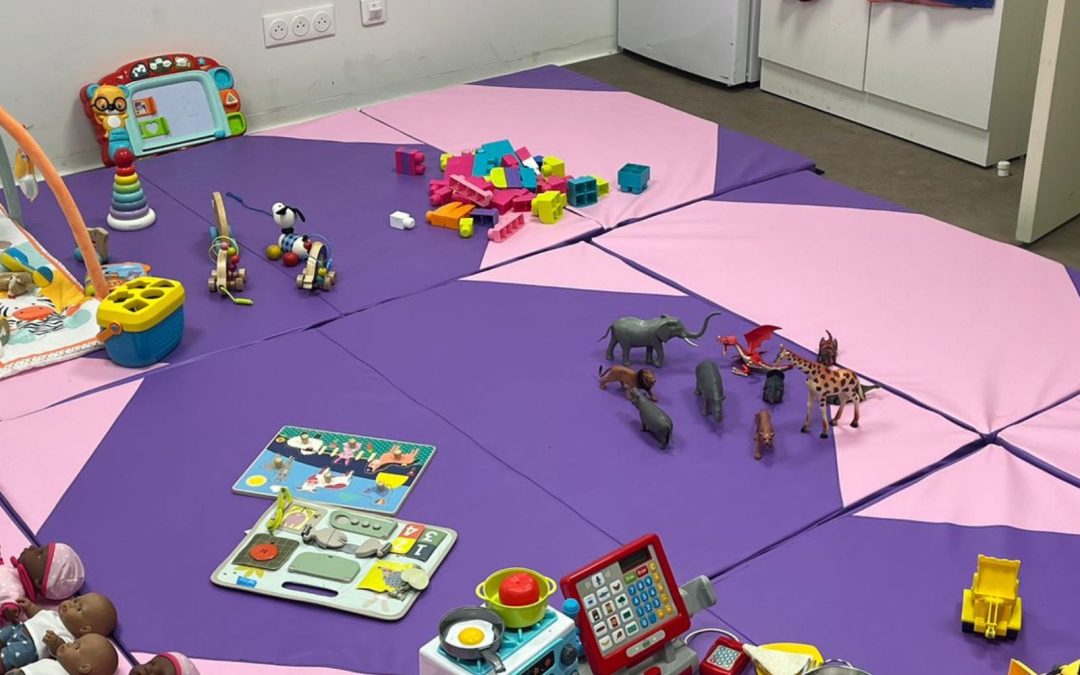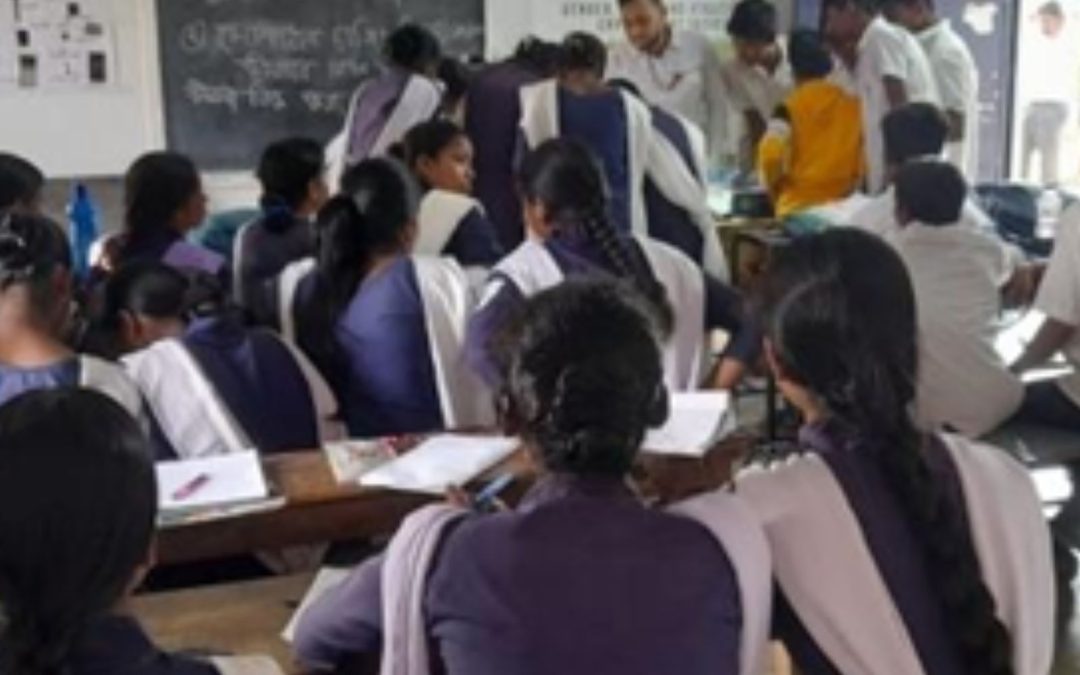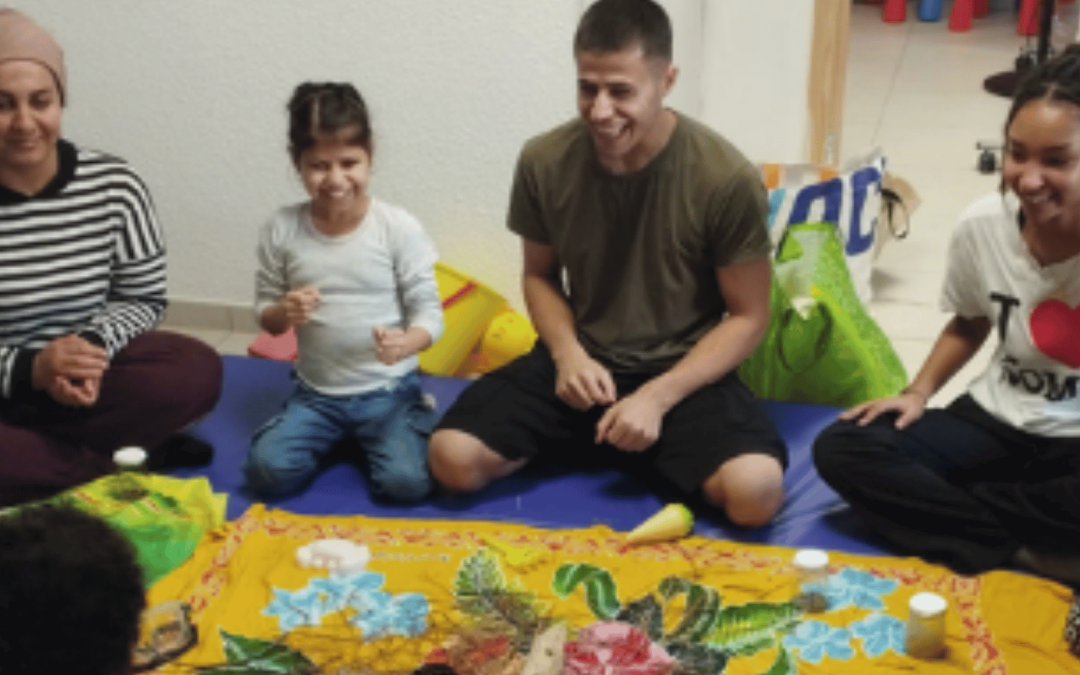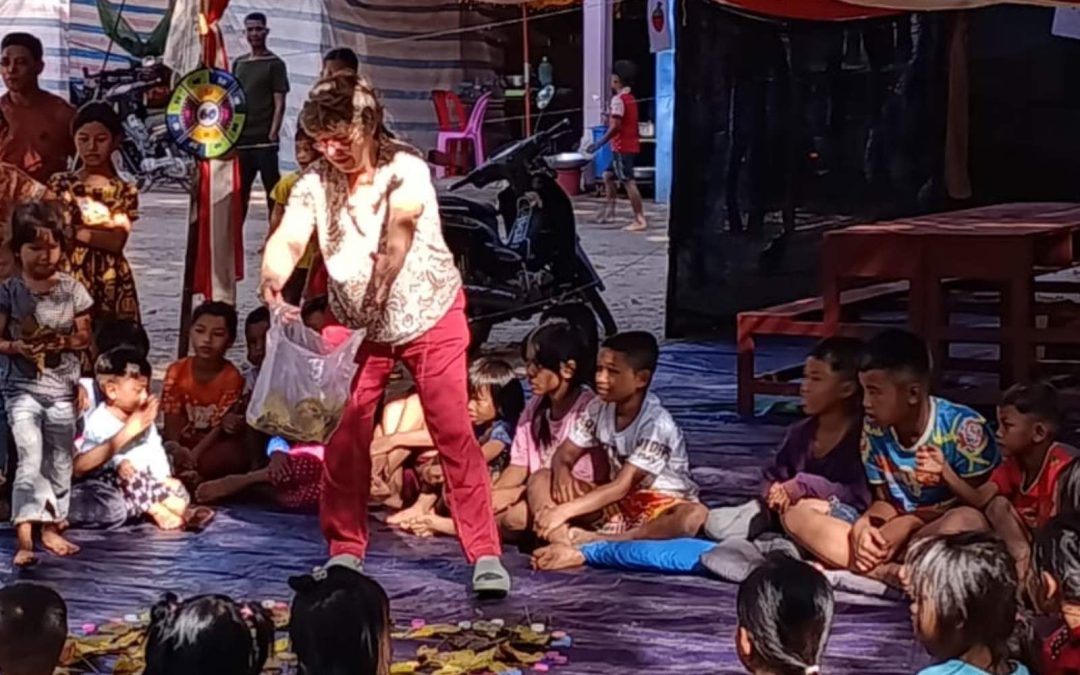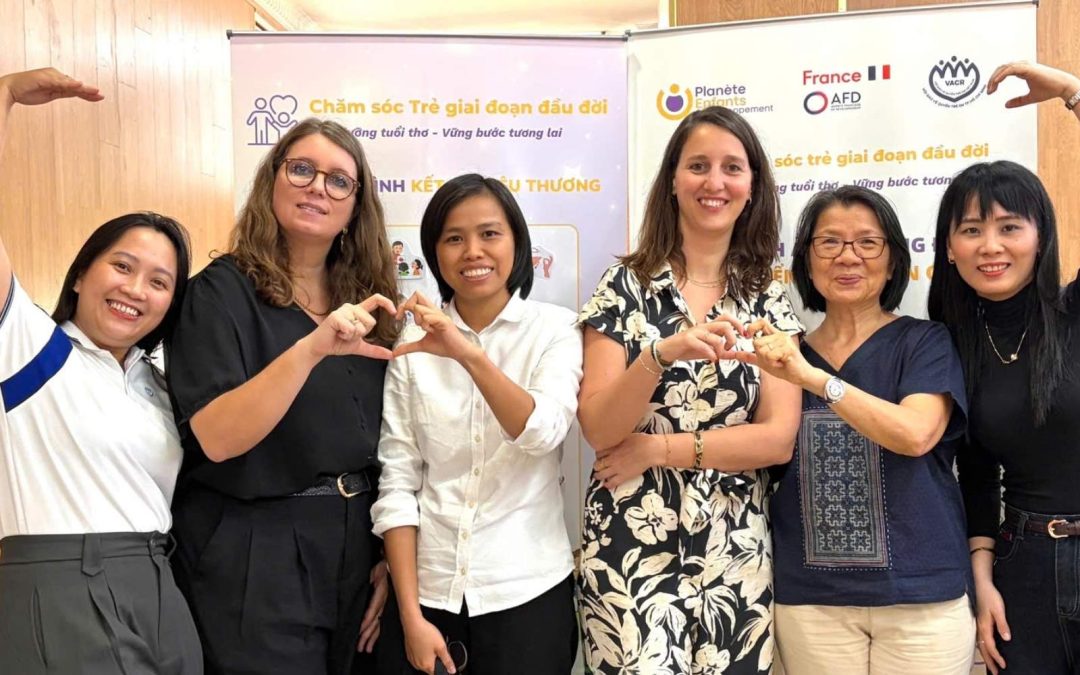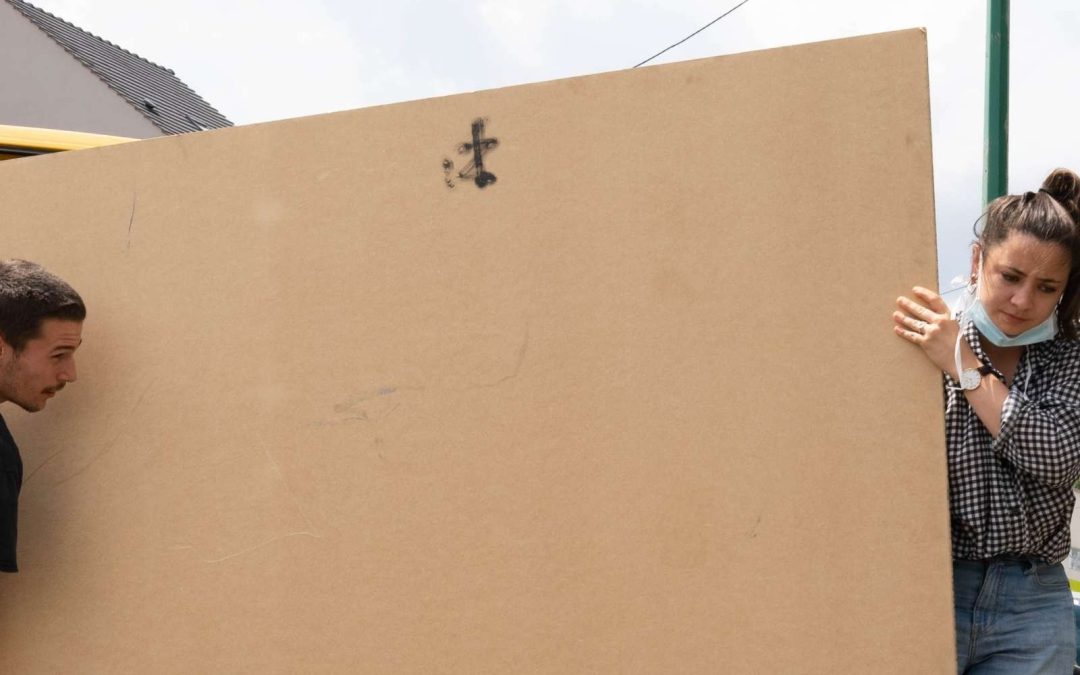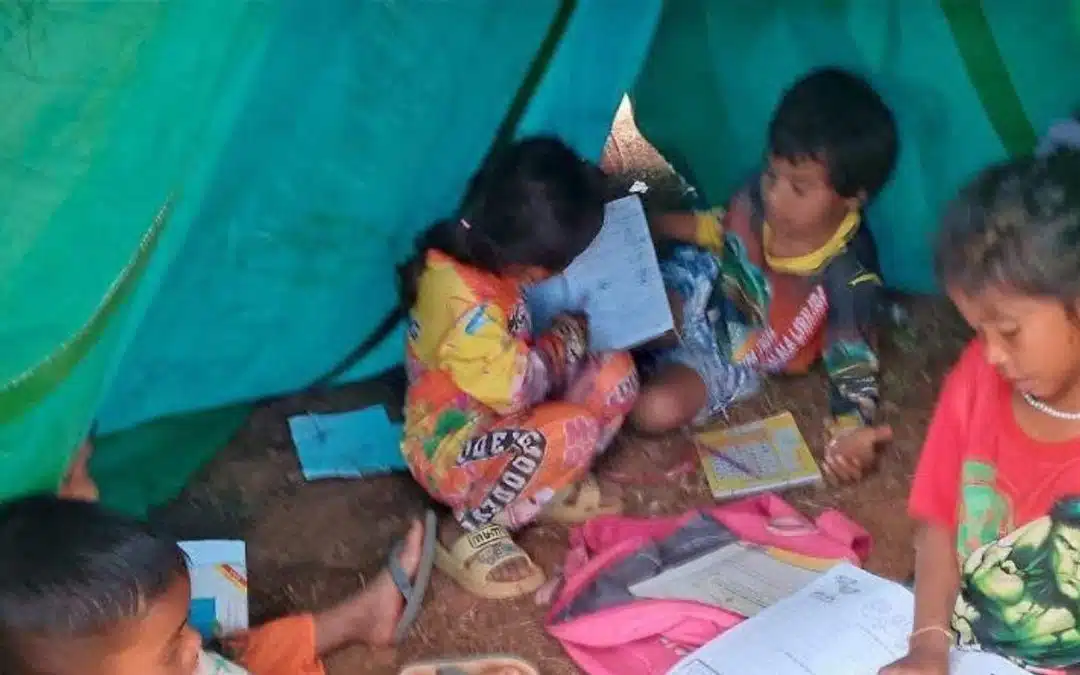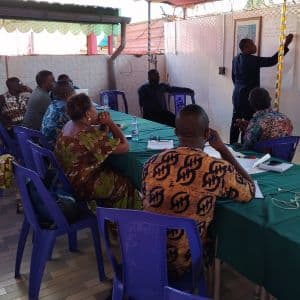
From November 27 to 30, 2023, Planète Enfants & Développement organized an exchange workshop with representatives of Ministries and key players in the field of Early Childhood in Togo. The aim of this meeting was to share the results of a study carried out in June 2022 by a consultant, at our request, on the needs, services and practices in the field of Early Childhood in Lomé, as well as to discuss recommendations for improving the care of children under 6 in the country.
- More 56% for children aged 2 to 5 in Greater Lomé are not cared for in a pre-school structure. There is economic and cultural reticence.
- 1 educator can manage up to 100 children in public-sector structures (96.7% of supervisors are women).
- 62.3% of them received their initial training at an Ecole Normale d'Instituteurs (ENI) or Ecole Normale des Institutrices de Jardins d'Enfants (ENIJE). But 34.4% of educators have learned their trade through practicewith the help of their colleagues.
- Out of 804 kindergartens, only 6 have fully equipped outdoor play areas.
- In kindergarten, there are 8,675 language manuals for 38,774 children (on average 1 manual for 5 children) ...
Here are just a few of the many indicators that were shared on the first day of the workshop, opened by Madame Méhèza Bali, Education Inspector representing the Minister of Primary and Secondary Education, in front of some twenty participants: These included representatives from the Ministry of Social Action, Child Protection and Women's Promotion and the Ministry of Health, as well as representatives from communes, nursery schools, parents, other organizations such as Unicef, and partners such as AFD and the French Embassy in Togo.
In its 2020-2030 education sector plan, the Togolese government is committed to developing early childhood education, which it considers essential for success in primary school. Over the past few years, it has made significant efforts to build infrastructure, in particular alongside civil society organizations. Now it wants to go even further.
To achieve this, several recommendations emerge from the study, such as developing public crèches, equipping establishments with locally manufactured games, implementing the reform concerning the training of educators in crèches/day-care centers/kindergartens/schools, increasing the responsibility and resources of town halls to develop early childhood, strengthening support for parenthood, supporting the economic development of families to finance pre-schooling, etc...
Following this restitution, early childhood professionals from Togo, Burkina Faso and Benin were able to take part in 3 days of experience sharing and reflect collectively on how to improve their practices. Among the concrete questions they asked themselves :
What training and qualifications do early childhood professionals have today, and what are the consequences?
How can we strengthen the continuing education of preschool teachers using digital tools?
How do you successfully transform a community preschool into a public school?
What are the limits to setting up alternative crèches? What can be done about them?
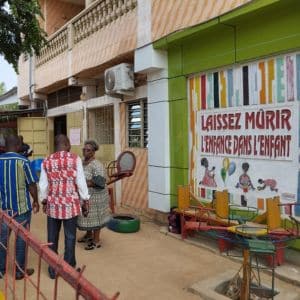
The workshop ended with visits to kindergartens, crèches and day-care centers in Lomé.
" The participative debates between numerous players in the early childhood sector, whatever their level of knowledge (parents, professionals, institutions) were very rich. Planète Enfants & Développement can bring a lot to our Ministry "Mr. Ametepe Mawuli, Agent of the Ministry of Social Action and Child Protection.

